In most of modern America, Sunday dinner has become a lost tradition, replaced by busy schedules, restaurant meals, and the kind of isolated lifestyle that keeps families behind closed doors rather than around shared tables. However, certain communities have managed to preserve the practice of neighbors gathering for elaborate Sunday meals that stretch long into the afternoon, creating bonds that extend far beyond just sharing food.
The tradition varies from place to place, but the essential elements remain the same: good food prepared with care, tables that welcome both guests and unexpected visitors, and the understanding that sharing a meal creates obligations and connections that last throughout the week. Here is a list of 20 places where neighbors still gather for Sunday dinner as a cornerstone of community life.
Lancaster County, Pennsylvania
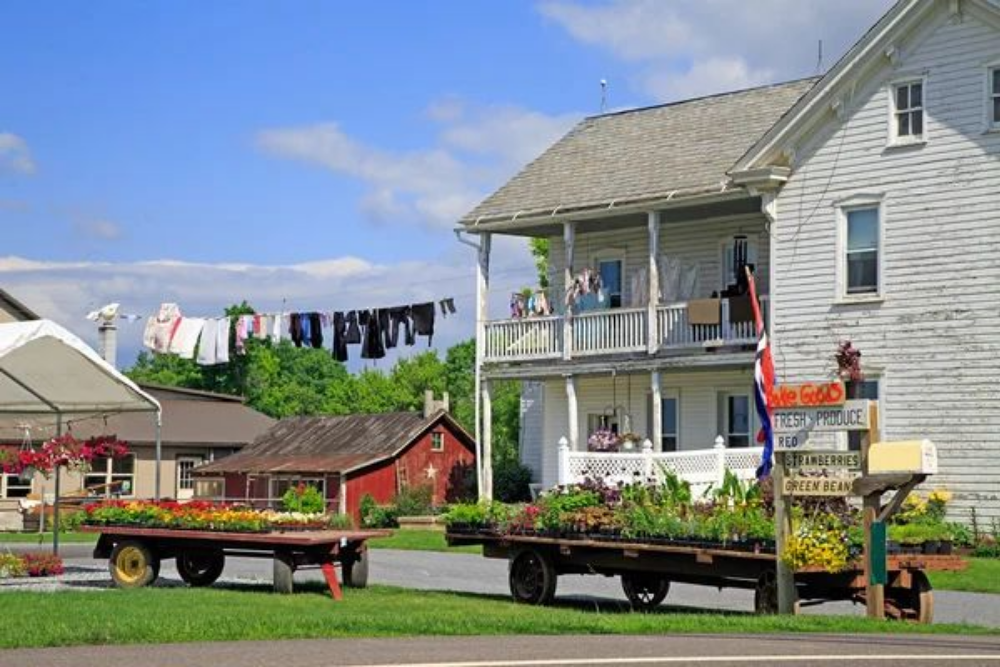
Amish and Mennonite communities throughout Lancaster County maintain Sunday dinner traditions that have remained virtually unchanged for generations, with extended families and neighbors gathering after church services. These meals often involve multiple households contributing dishes, creating elaborate spreads that can feed dozens of people around long tables in farmhouse kitchens and dining rooms.
The tradition serves both social and practical purposes, allowing community members to share news, plan cooperative work projects, and maintain the close relationships essential to rural life.
St. Bernard Parish, Louisiana
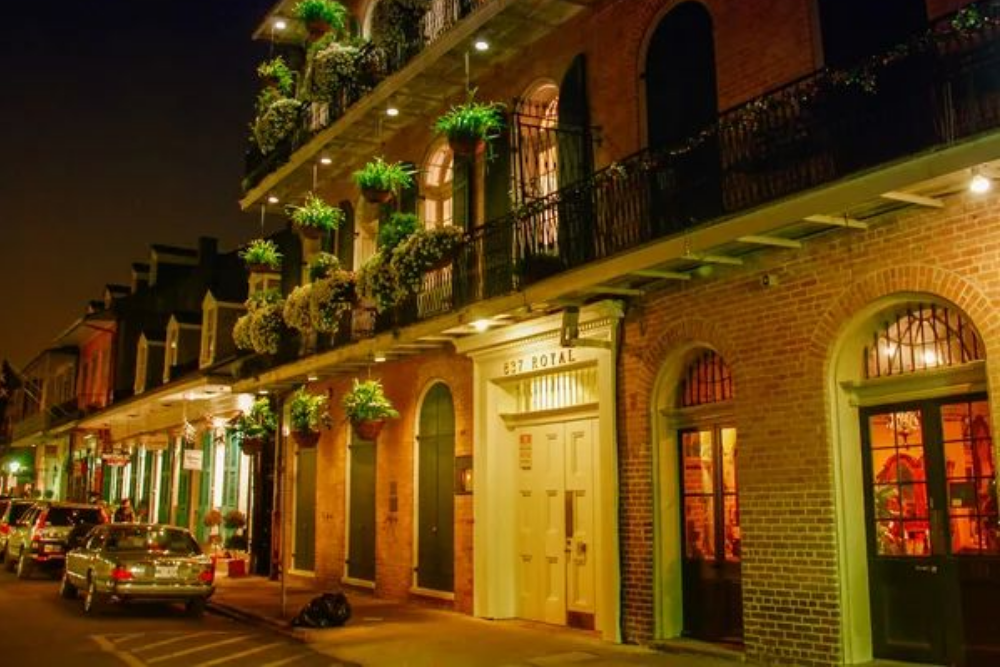
This predominantly Hispanic community outside New Orleans has preserved the tradition of large Sunday family meals that naturally extend to include neighbors, coworkers, and anyone else who happens to stop by. The meals typically feature traditional Honduran and Mexican dishes alongside Louisiana favorites like red beans and rice, creating a fusion cuisine that reflects the area’s cultural diversity. T
ables are set up in backyards and carports to accommodate the crowds, and the gatherings often last well into the evening with music and storytelling.
Like Travel Pug’s content? Follow us on MSN.
Little Italy, Baltimore, Maryland
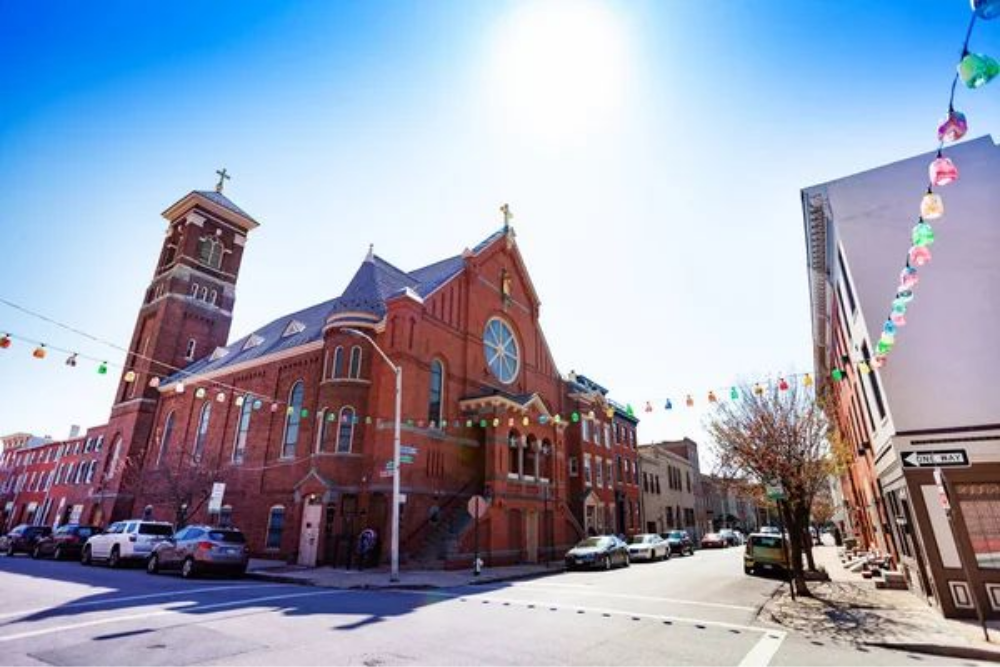
The narrow rowhouses of Baltimore’s Little Italy neighborhood regularly host Sunday dinners that spill from dining rooms into kitchens and onto front stoops, where multiple generations gather around tables loaded with traditional Italian-American dishes. These meals maintain customs brought from Sicily and southern Italy over a century ago, with recipes passed down through families and shared freely among neighbors.
The tradition has survived gentrification and demographic changes because longtime residents understand that Sunday dinner represents the heart of neighborhood identity.
Chinatown, San Francisco, California

Extended family gatherings in San Francisco’s Chinatown often expand to include neighbors and community members, particularly elderly residents who might otherwise eat alone. The meals typically feature multiple courses served family-style, with younger family members expected to serve elders and guests as a mark of respect.
These gatherings serve important social functions beyond just sharing food, providing opportunities for community elders to share cultural knowledge, and for families to maintain connections despite busy modern schedules.
Gullah Communities, South Carolina Sea Islands

The Gullah communities of the South Carolina Lowcountry maintain Sunday dinner traditions that combine African cooking techniques with local seafood and produce, creating elaborate community meals that strengthen cultural bonds. These gatherings often take place in community centers or church halls, with families contributing dishes that showcase traditional recipes and seasonal ingredients.
The meals serve as important venues for preserving Gullah language, music, and cultural practices that might otherwise be lost to younger generations.
Like Travel Pug’s content? Follow us on MSN.
Taos Pueblo, New Mexico
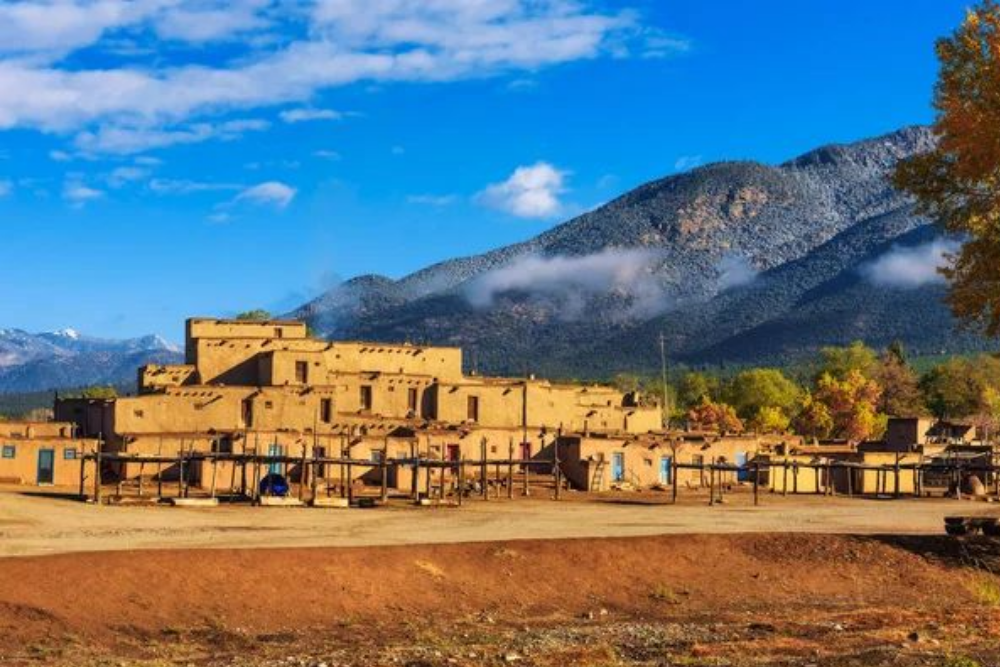
This UNESCO World Heritage Site maintains traditional feast days and Sunday gatherings where community members share meals prepared using ingredients and techniques that have remained largely unchanged for centuries. The meals often feature traditional foods like blue corn, beans, and chile, prepared in outdoor ovens and shared in a manner that reinforces tribal bonds and cultural identity.
These gatherings serve both spiritual and social purposes, connecting community members to ancestral traditions while addressing contemporary community needs.
Greek Town, Detroit, Michigan
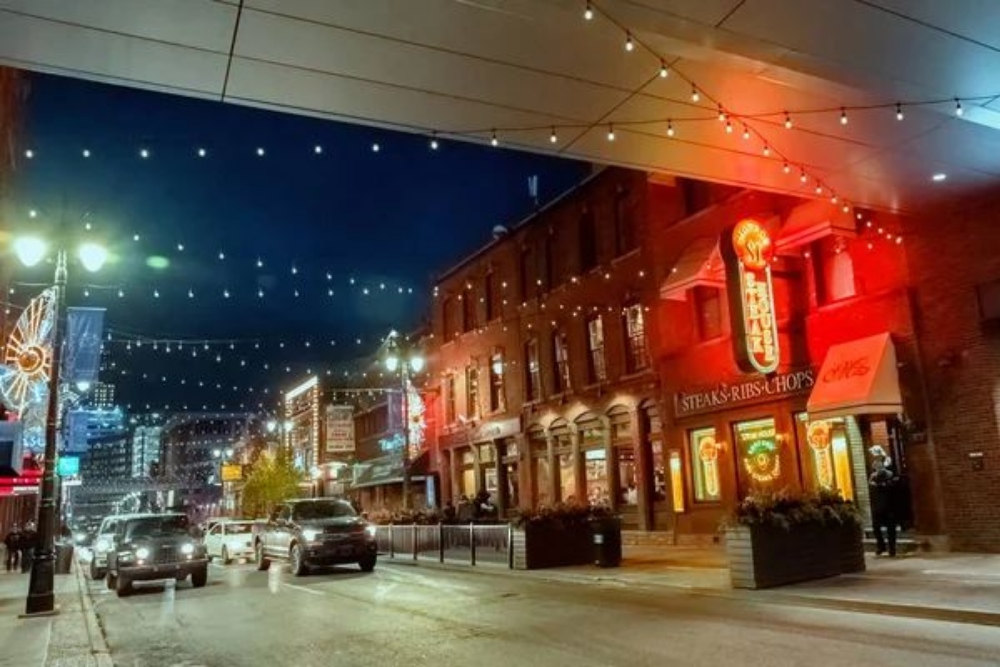
The close-knit Greek community in Detroit’s Greektown maintains Sunday dinner traditions that bring together multiple families for elaborate meals featuring traditional dishes like moussaka, lamb, and homemade bread. These gatherings often rotate between different households, with families taking turns hosting meals that can include dozens of guests spanning multiple generations.
The tradition has helped preserve the Greek language and culture while creating support networks that extend beyond just the immediate ethnic community.
Mennonite Communities, Kansas
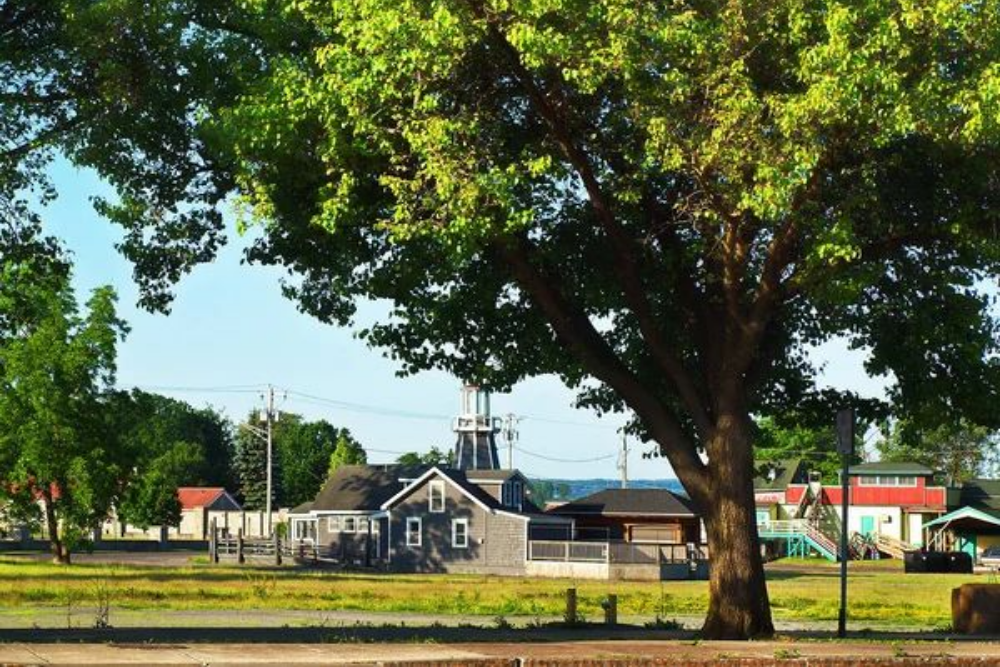
Rural Mennonite communities throughout Kansas continue the tradition of Sunday dinners that bring together church congregations and neighbors for simple but abundant meals, emphasizing community cooperation and mutual support. These gatherings typically feature foods produced locally by community members, from fresh bread and garden vegetables to meat raised on nearby farms.
The meals serve practical purposes beyond fellowship, providing opportunities for community members to coordinate agricultural work and address shared challenges.
Like Travel Pug’s content? Follow us on MSN.
Polish Hill, Pittsburgh, Pennsylvania
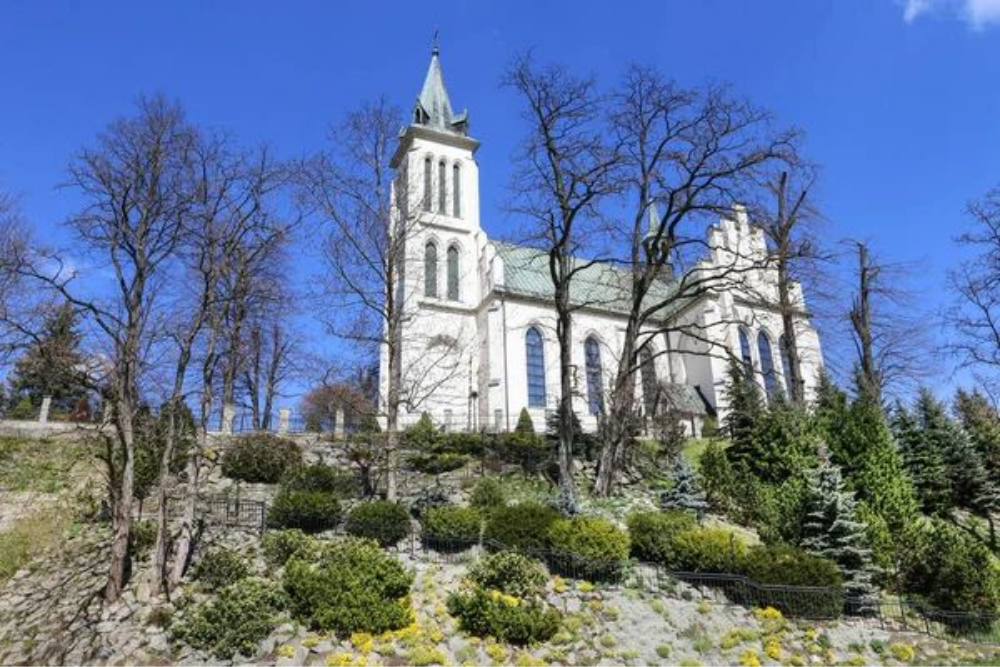
This historic neighborhood maintains strong Sunday dinner traditions among Polish-American families who gather for elaborate meals featuring pierogi, kielbasa, and other traditional dishes that connect them to their ancestral heritage. The gatherings often include multiple households and can last for hours, with younger family members expected to help with food preparation and cleanup as part of learning family traditions.
These meals have helped the neighborhood maintain its ethnic character despite economic and demographic pressures.
Little Havana, Miami, Florida
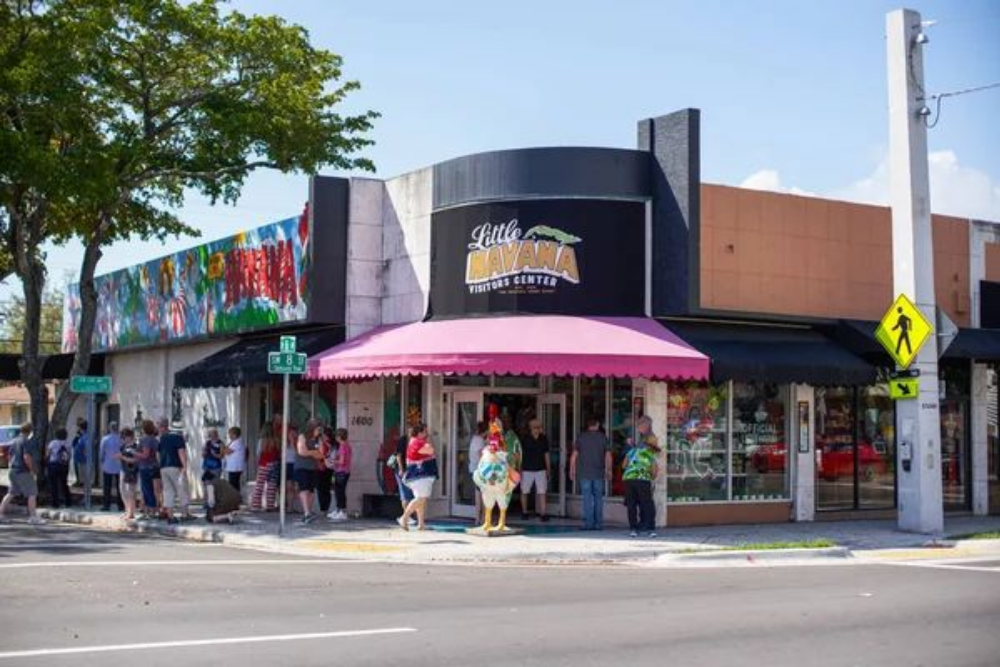
Cuban-American families in Little Havana regularly host Sunday dinners that extend beyond immediate family to include neighbors, friends, and anyone else who might need a good meal and company. The gatherings typically feature traditional Cuban dishes like ropa vieja, black beans and rice, and lechón, prepared using recipes and techniques preserved from pre-revolution Cuba.
These meals serve important cultural functions, helping maintain the Spanish language and Cuban traditions while creating support networks for newer immigrants.
Mormon Communities, Utah

Throughout Utah’s Mormon communities, Sunday dinners remain central to family and neighborhood life, with many households hosting elaborate meals that can include extended family, neighbors, and church members. These gatherings often feature comfort foods like pot roast, casseroles, and homemade desserts, prepared according to traditions that emphasize family togetherness and community service.
The meals provide opportunities for religious instruction, community planning, and the kind of social bonding that strengthens both families and neighborhoods.
Like Travel Pug’s content? Follow us on MSN.
Hutterite Colonies, Montana
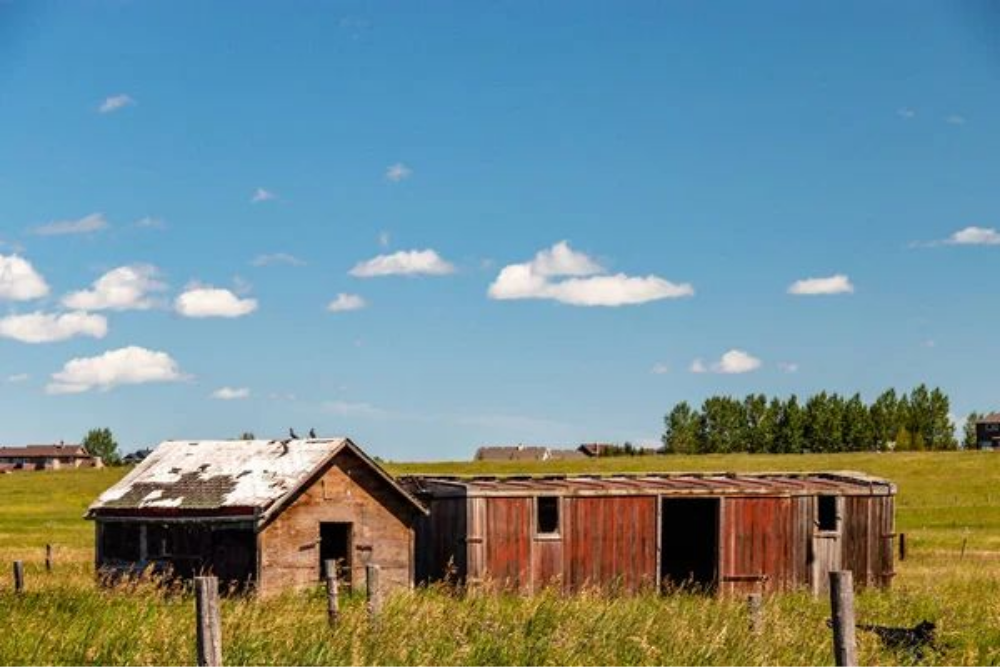
These communal religious communities maintain dining traditions where all colony members eat together in common dining halls for every meal, including elaborate Sunday dinners that celebrate community cooperation and shared faith. The meals feature foods produced entirely within the colony, from vegetables grown in community gardens to meat processed from colony livestock.
These gatherings reinforce the communal lifestyle that defines Hutterite culture while ensuring that no community member ever eats alone.
Williamsburg, Brooklyn, New York

Orthodox Jewish communities in Williamsburg maintain strict Sabbath traditions that include elaborate Friday night and Saturday meals, followed by Sunday gatherings that often extend to include neighbors and community members. These meals follow kosher dietary laws and traditional preparation methods that have been preserved for generations, creating bonds between families while maintaining religious observance.
The tradition helps preserve Yiddish language and Orthodox customs in an urban environment that could easily dilute cultural identity.
Amana Colonies, Iowa
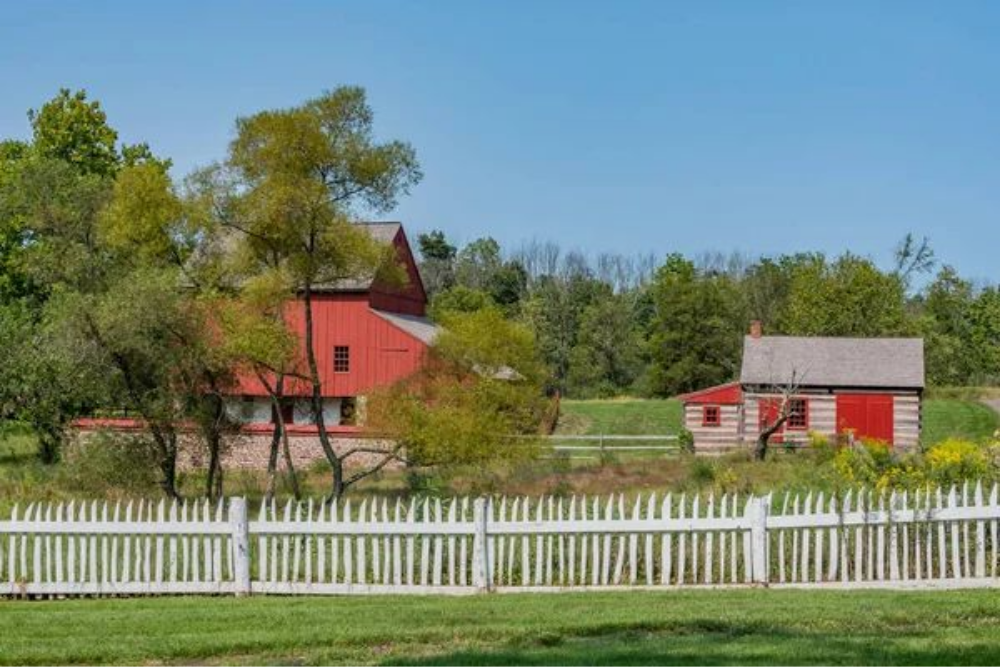
These historic German religious communities continue traditions of communal dining that date back to their founding in the 1850s, with community kitchens serving elaborate Sunday meals to colony members and visitors. The meals feature German-American dishes prepared using traditional recipes and locally grown ingredients, served family-style in dining halls that accommodate entire community populations.
These gatherings maintain the communal spirit that originally defined the Amana way of life while adapting to modern economic realities.
Like Travel Pug’s content? Follow us on MSN.
Portuguese Community, Provincetown, Massachusetts
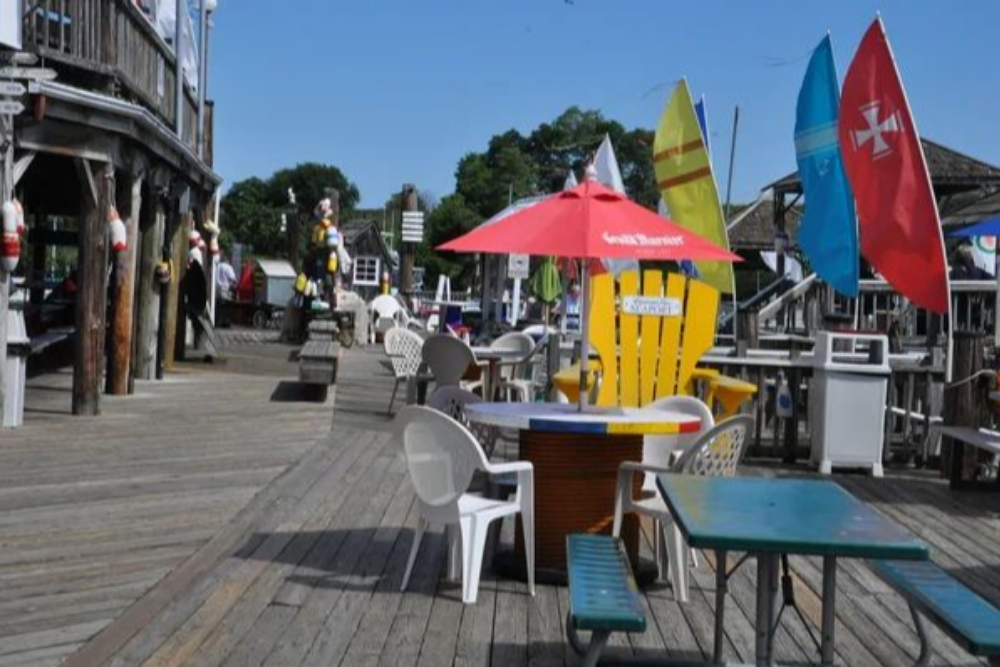
This Cape Cod fishing community maintains Sunday dinner traditions among Portuguese-American families who gather for elaborate meals featuring seafood, linguiça, and other traditional dishes that reflect their maritime heritage. The gatherings often include multiple families and can extend well into the evening, with stories about fishing, family history, and community news shared around tables loaded with traditional foods.
These meals help preserve Portuguese language and customs while strengthening the social bonds essential to small-town life.
Scandinavian Communities, Minnesota
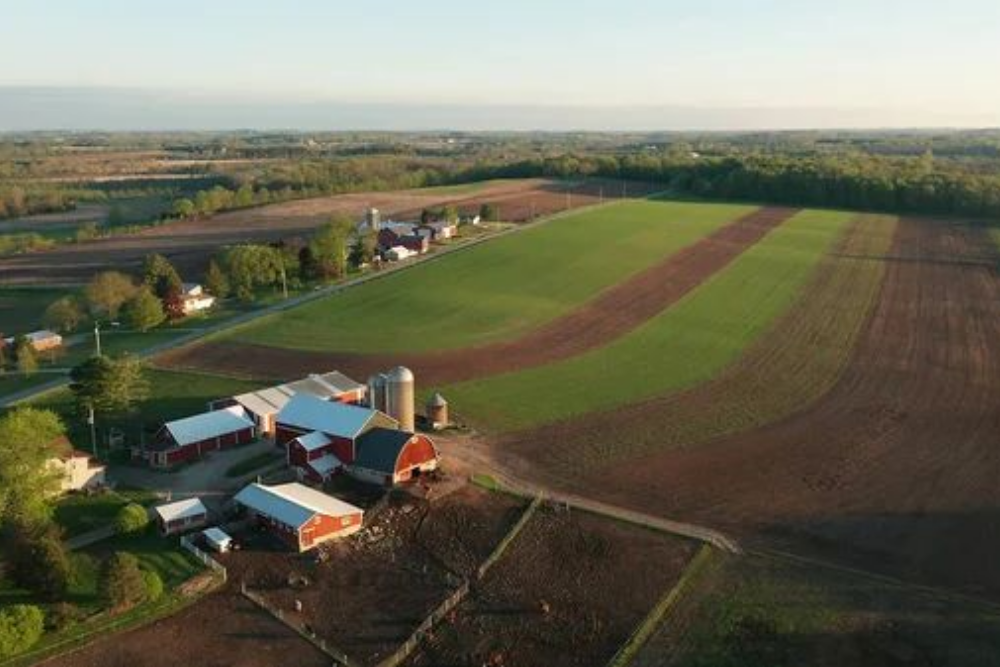
Rural Minnesota communities with strong Scandinavian heritage continue Sunday dinner traditions that bring together church congregations and neighbors for simple but abundant meals emphasizing community cooperation and cultural preservation. These gatherings typically feature traditional dishes like lefse, lutefisk, and homemade bread, prepared according to recipes brought from Norway, Sweden, and Denmark generations ago.
The meals provide opportunities for community members to maintain cultural connections while addressing contemporary challenges facing rural communities.
Czech Community, Nebraska
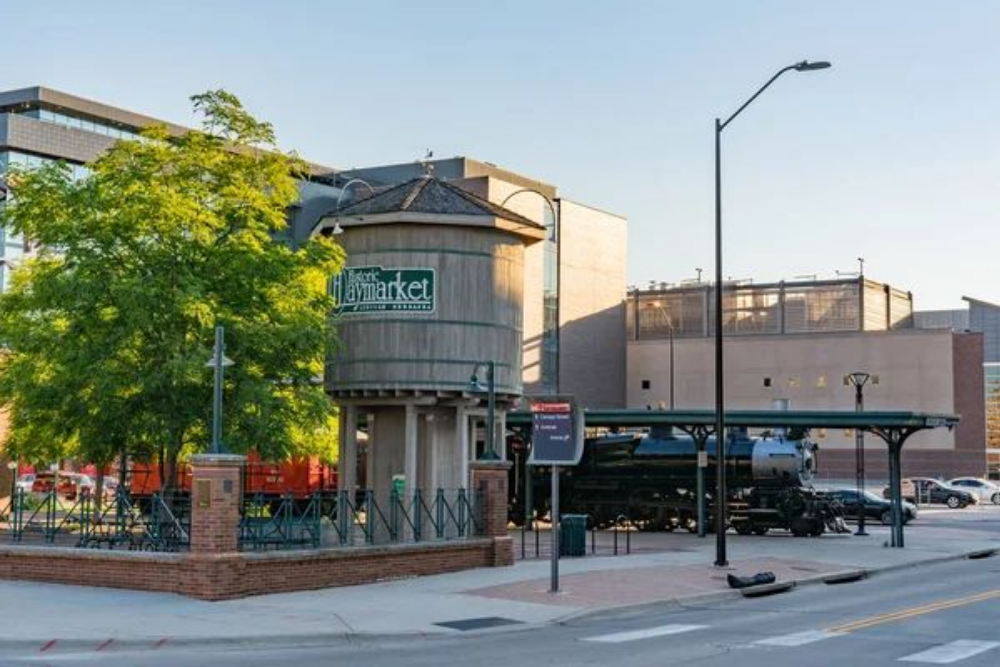
Small Nebraska towns with Czech heritage maintain Sunday dinner traditions that feature traditional dishes like kolaches, roast pork, and sauerkraut, prepared for community gatherings that strengthen ethnic identity and neighborly bonds. These meals often take place in community halls or church basements, with families contributing dishes that showcase traditional recipes and seasonal ingredients.
The gatherings help preserve the Czech language and customs while creating support networks that are essential for small-town survival.
Like Travel Pug’s content? Follow us on MSN.
Hispanic Communities, New Mexico
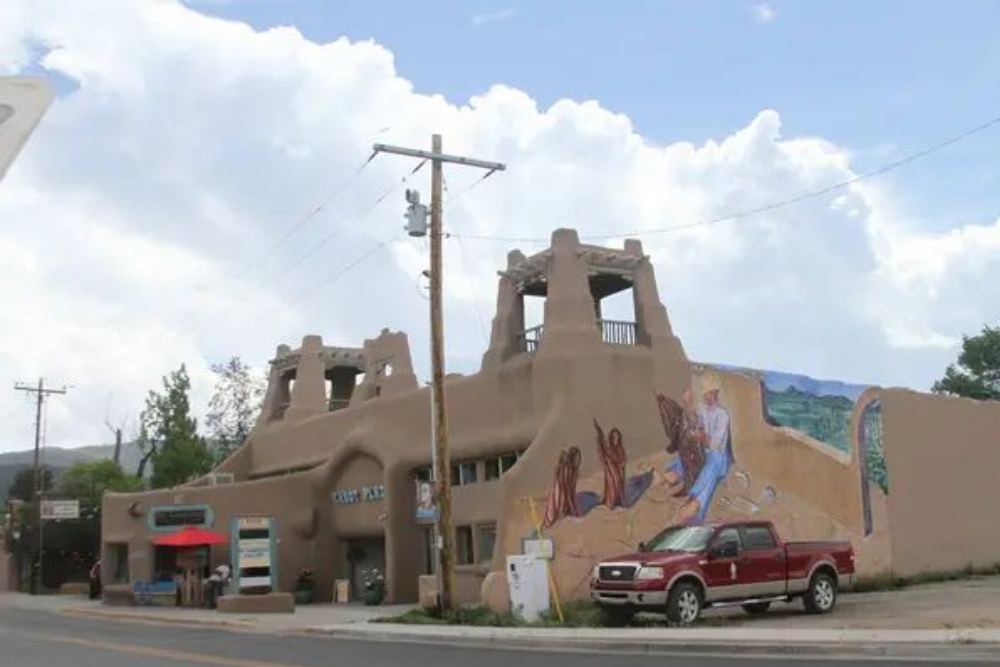
Throughout New Mexico’s Hispanic villages, Sunday dinners remain central to family and community life, with extended families gathering for elaborate meals that can include dozens of people spanning multiple generations. These gatherings typically feature traditional New Mexican dishes like green chile stew, sopaipillas, and posole, prepared using recipes and techniques that have been passed down for centuries.
The meals serve important cultural functions, helping maintain the Spanish language and Hispanic traditions while addressing contemporary community needs.
Italian-American Community, Providence, Rhode Island
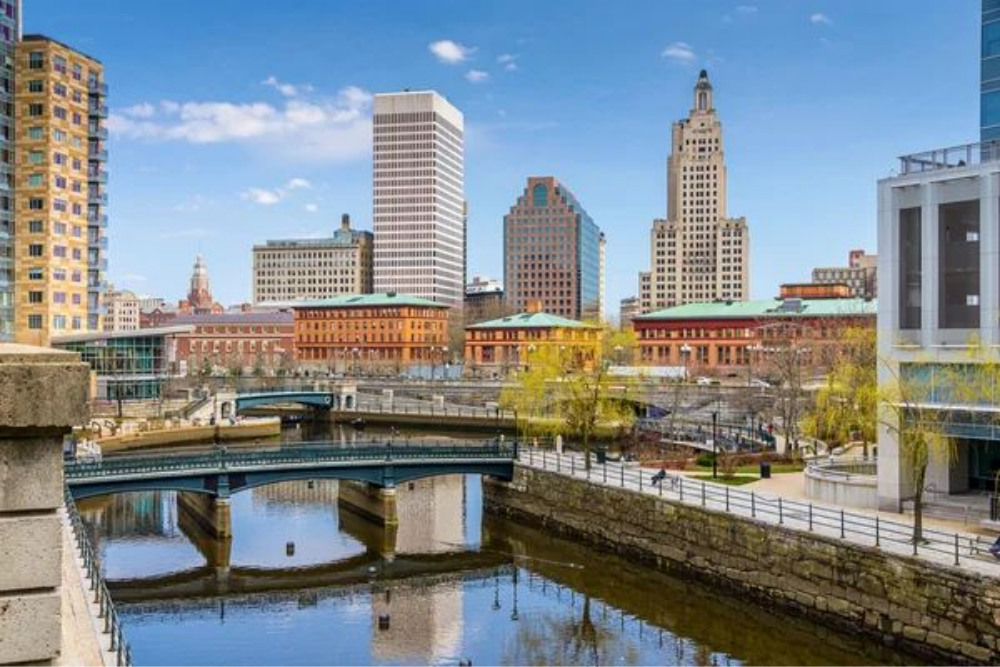
The Federal Hill neighborhood maintains strong Sunday dinner traditions among Italian-American families who gather for elaborate meals featuring traditional dishes that connect them to their ancestral heritage from various regions of Italy. These gatherings often include multiple households and can last for hours, with different courses appearing throughout the afternoon and early evening.
The tradition has helped preserve the Italian language and customs while creating the kind of neighborhood solidarity that has defined the area for over a century.
Appalachian Communities, West Virginia
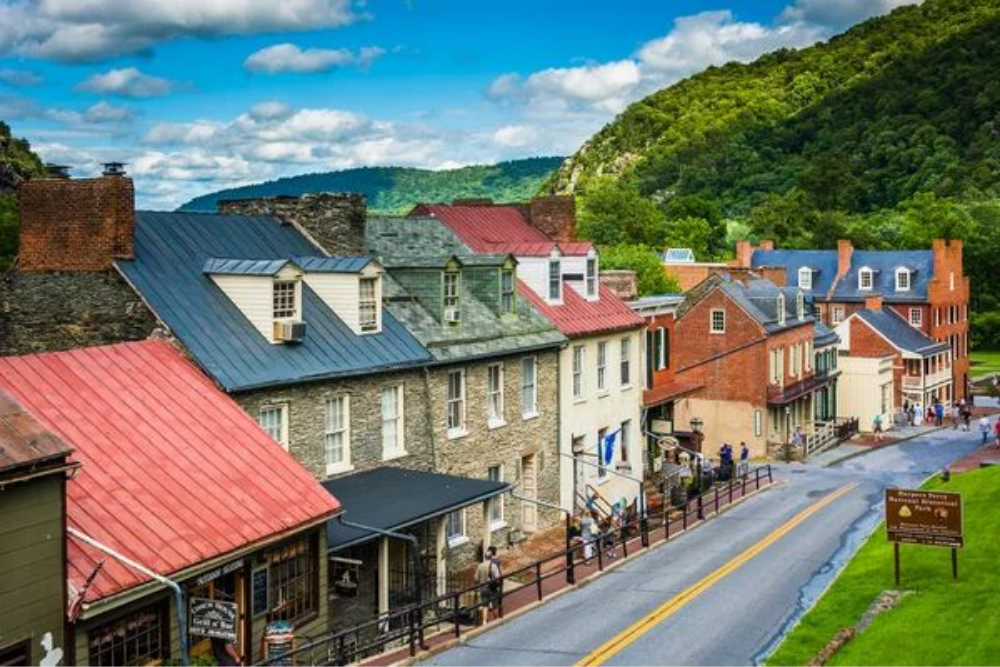
Rural Appalachian communities continue Sunday dinner traditions that bring together extended families and neighbors for abundant meals featuring regional specialties like fried chicken, biscuits, and seasonal vegetables from family gardens. These gatherings often take place on front porches and in backyards, with families contributing dishes that showcase traditional mountain cooking techniques and local ingredients.
Like Travel Pug’s content? Follow us on MSN.
Breaking Bread Builds More Than Bodies
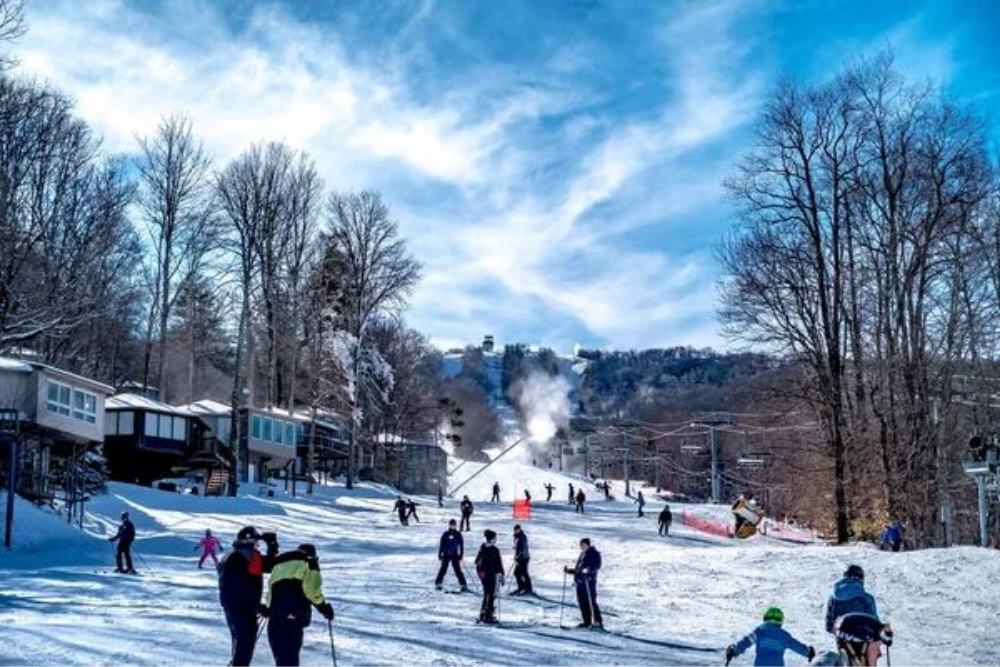
The tradition of Sunday dinner serves practical purposes that go beyond fellowship, creating networks of support that help community members navigate economic challenges, family crises, and the countless small difficulties that arise in daily life. What distinguishes these places from communities where neighbors barely know each other isn’t just cultural heritage or religious tradition, but the understanding that regular shared meals create the foundation for everything else that makes community life possible.
The investment of time, effort, and hospitality required to maintain these traditions pays dividends in community resilience that can’t be measured but can certainly be felt by anyone fortunate enough to pull up a chair when the dinner bell rings.
More from Travel Pug

- 20 Best Beach Towns in the Carolinas
- 13 Destinations Where Tourists Regularly Regret Their Trip
- 20 Things You Actually Get in First Class
- 20 Small Airports With Aviation Museums
- 20 Places in the U.S. That Are Perfect for a Reset Trip
Like Travel Pug’s content? Follow us on MSN.
